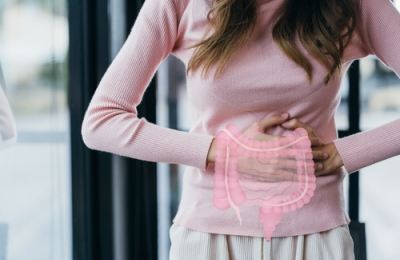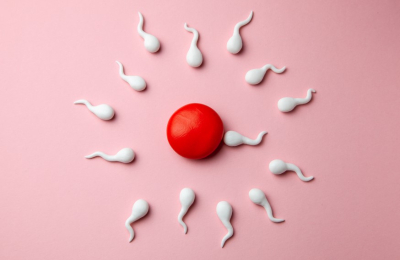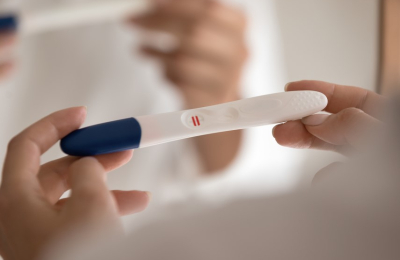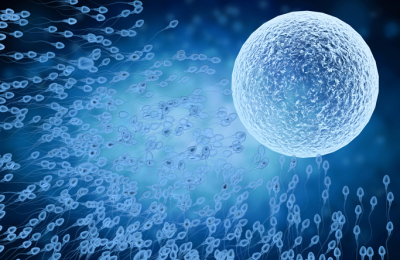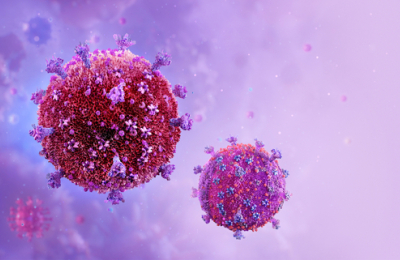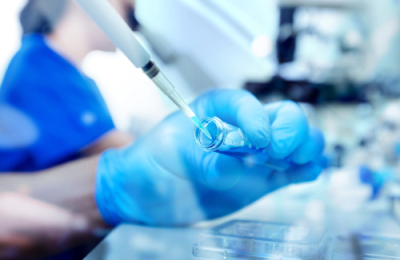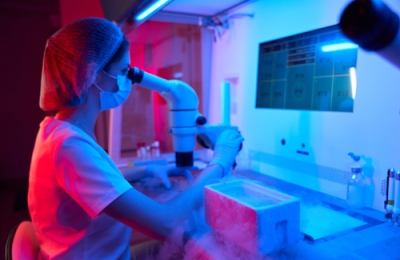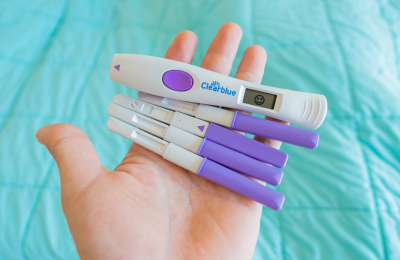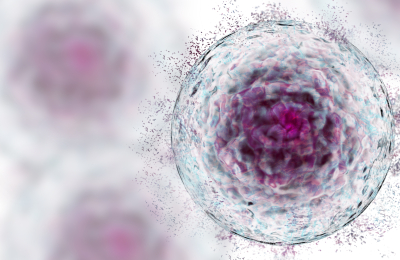
The impact of acute SARS-CoV-2 on testicular function including insulin-like factor 3 (INSL3) in men with mild COVID-19: A longitudinal study Mette Petri Lauritsen et al. First published: 08 July 2023.
Severe acute respiratory syndrome coronavirus 2 (SARS-CoV-2) may influence the male reproductive system, utilizing angiotensin-converting enzyme (ACE)2 found in testicular tissue for cellular entry. Limited research exists on the prolonged effects of mild COVID-19 on testicular function, with no prior assessment of insulin-like factor 3 (INSL3) levels during acute SARS-CoV-2 infection.
This study aimed to evaluate the repercussions of acute SARS-CoV-2 infection on testicular function, encompassing INSL3 levels and the presence of SARS-CoV-2 RNA in semen among non-hospitalized men with mild COVID-19. A longitudinal study involving 36 non-hospitalized SARS-CoV-2-positive men (median age 29 years) was conducted within seven days of a positive SARS-CoV-2 reverse-transcription polymerase chain reaction test. Reproductive hormone levels, semen parameters, and SARS-CoV-2 RNA presence were assessed during acute infection (baseline) and at three- and six-month follow-ups.
During acute infection, lower plasma testosterone (total and calculated free) and higher luteinising hormone concentrations were observed, with subsequent recovery at three- and six-month follow-ups. INSL3 concentrations were lower at baseline but recovered at the three-month follow-up. The total number of motile spermatozoa was lower at baseline but improved by the six-month follow-up. No SARS-CoV-2 RNA was detected in semen at any point.
This study demonstrates a temporary reduction in testicular function, confirmed by INSL3, in men with mild SARS-CoV-2 infection. The risk of SARS-CoV-2 RNA transmission through semen appears low. While febrile episodes may impact testicular function, a direct effect of SARS-CoV-2 cannot be ruled out.
Soure: Mette Petri Lauritsen et al - https://onlinelibrary.wiley.com/doi/10.1111/andr.13494
















